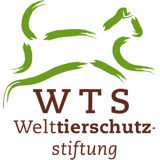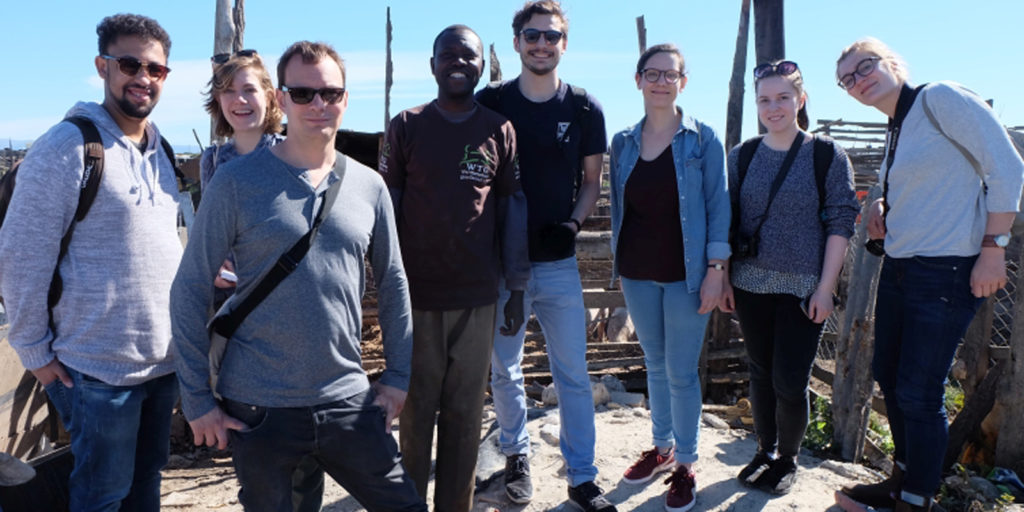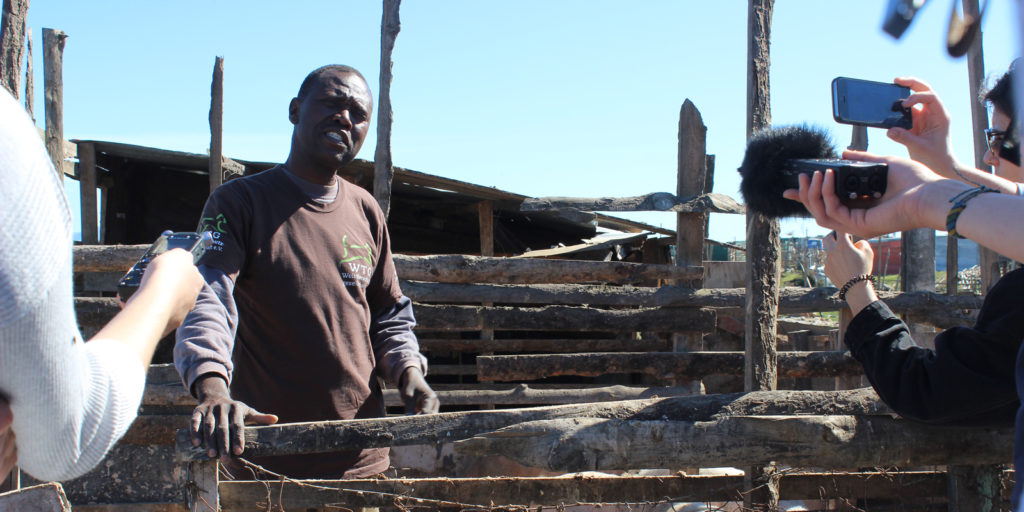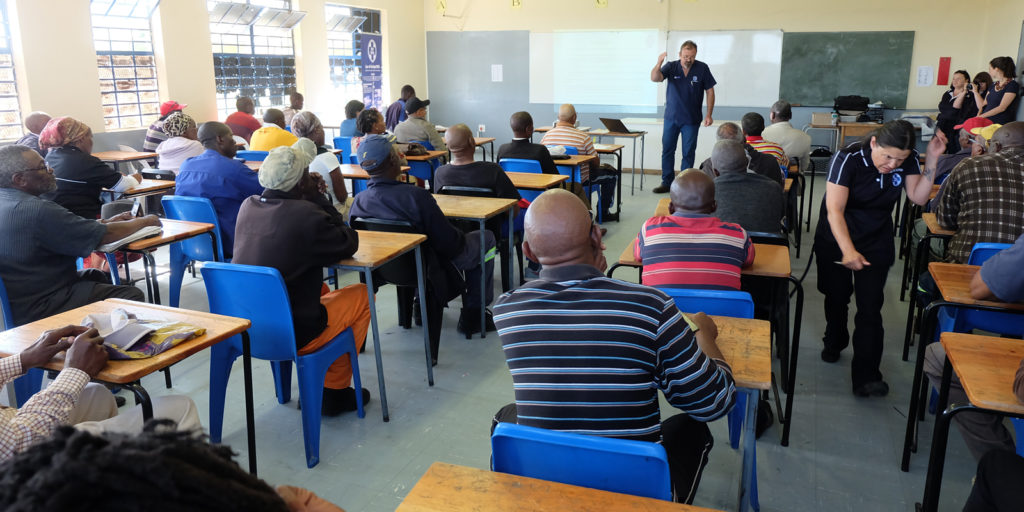Investigation trip of journalists.network e.V.
By supporting this trip WTS helped to give an insight on the animal welfare work of WTG abroad.
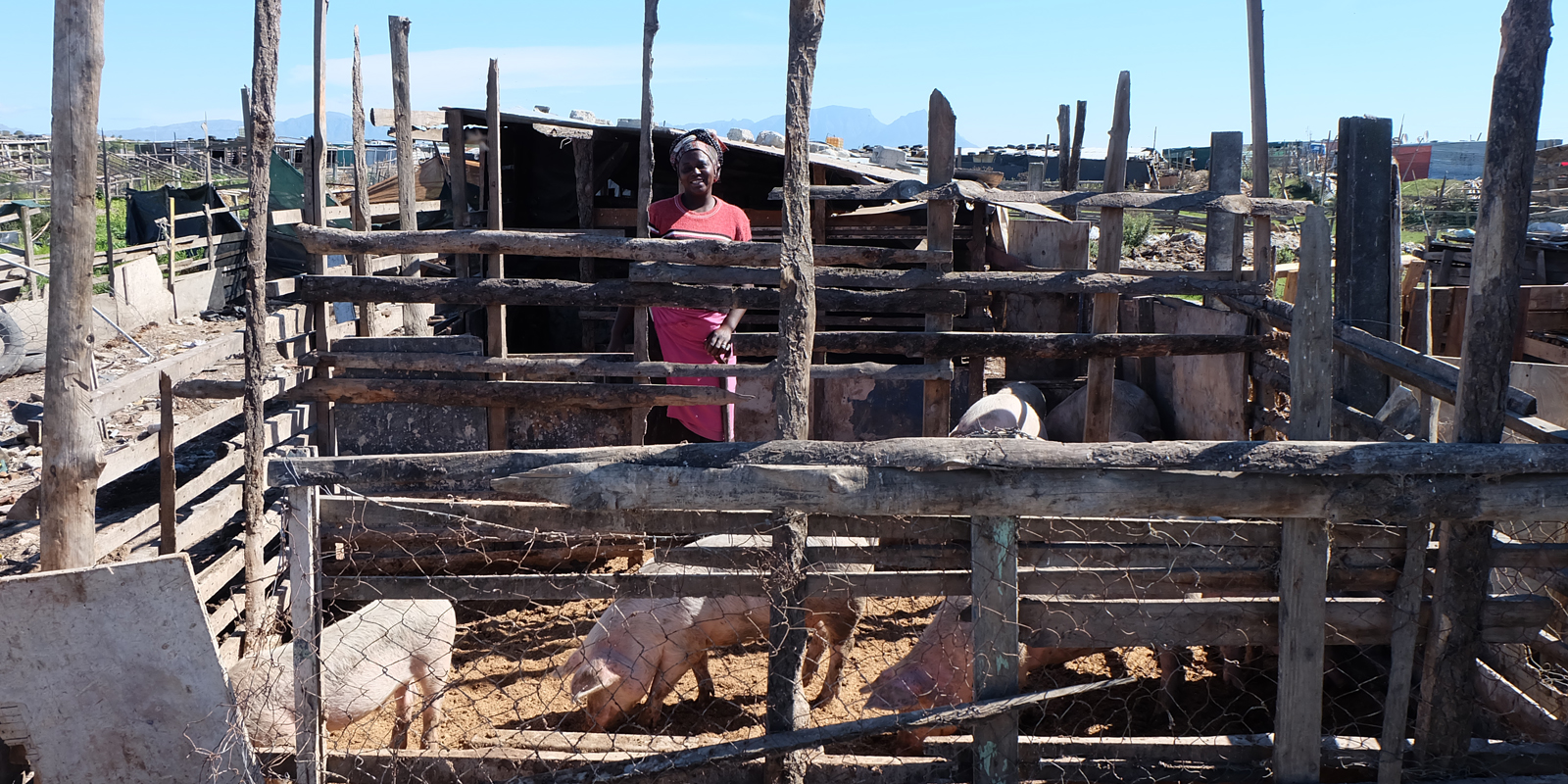
“Even though the shackles of apartheid have now fallen, you can still feel the pain“ says Albie Sachs. The sudden agreement of the former constitutional judge’s – appointed by Nelson Mandela -is probably the greatest surprise during this 14-day-long investigation trip through South Africa. His right sleeve is hanging down, his arm stump can scarcely be seen. A car bomb – hidden by South African security forces in Mozambique– is the reason why he lost his right arm and went blind on one eye. In 1994 he was appointed as constitutional judge. Especially on the matter of distribution of land areas, the shackles of apartheid can still be felt. Even decades after it all ended, a majority of land areas still belong to white farmers, according to an author of the journalists.network e.V., who travelled to South Africa during the research trip in April/May 2018.
With the aid of WTS, a trip to South Africa was made possible, where WTG is active with animal welfare projects.
Besides the living conditions of humans, we also want to learn more about the animal welfare situation. On the index of worldwide animal welfare in 2014, South Africa received the grade D with grade A being the best. South Africa has hardly any money or infrastructure for animal welfare. Especially in the poor regions of the country, there is no veterinary care available although many people have pets, such as dogs and cats. Livestock also receives insufficient veterinary care, in many areas in South Africa. Even though the government supports small farmers, it doesn’t educate them on basic animal welfare knowledge. The well-being of animals in a country also indicates the well-being of humans. “We want to establish this link between human and animal well-being more accurately“, explained Lisa-Marie Eckhard and Charlotte Hans, who organised the journey.
“Here we observed how poor small scale farmers learn through specific lessons how to correctly care for their livestock, how to protect them against diseases and how to make a living from it“,
writes the author of the journalists.network e.V., who travelled to South Africa during the research trip in April/May 2018.
Source: http://journalists-network.org/suedafrika-2018-2/, Original text by Sophia Münder (shortened) complemented by WTG e.V. in June 2018
Journalists.network is a non-profit association, a group of young journalists, editors and authors, who are dedicated to the promotion of foreign affairs. Since 1995, the association organises research trips in Europe, Africa, Asia and Latin America as well as background discussions on foreign policy issues. The trips gave insights into cultural and political connections – at the focal points of journalism, but also in more un-noticed regions of the world.
By supporting this initiative, WTS enables a view behind our work in animal welfare abroad. You can find more information on the project under: https://welttierschutzstiftung.org/projekte/nutztiere/tierhaltung-in-suedafrika/
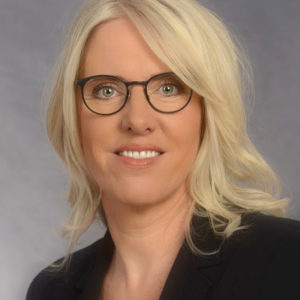
For more information, please contact:
Karin Siegmund
Director Welttierschutzstiftung
E-Mail: ks@welttierschutz.org
Tel.: +49(0)30 – 9237226-0
Welttierschutzstiftung
Reinhardtstr. 10
10117 Berlin
Germany
